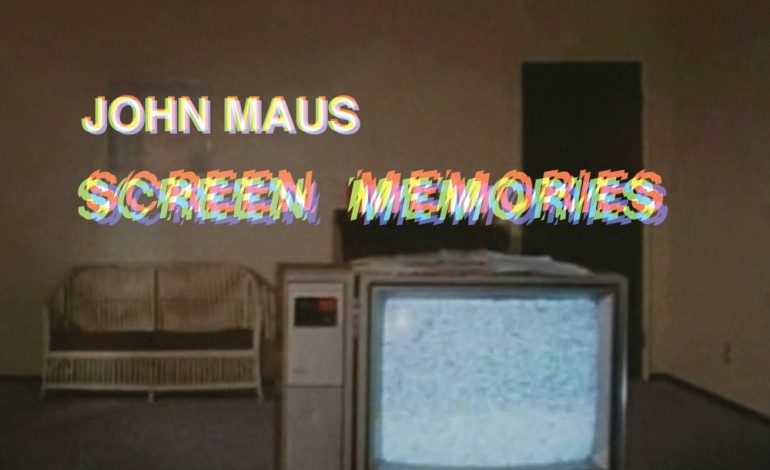

A Sonic Undertaking
John Maus, the experimental rock artist, has released his latest work Screen Memories. This is his first album in six years, his previous album being We Must Become the Pitiless Censors of Ourselves in 2011. Since that time he earned a Ph.D. in political philosophy and recorded and produced the album in his rural home in Minnesota, dubbed the Funny Farm.
Screen Memories is a crazy, experimental trip of an album. The aim was a little off, however, and he may have missed the mark. Without a unifying theme, or emotional involvement in any of the seemingly random song concepts, the album comes off as a jumbled collection of tracks and primitive musicality. With the exception of “Find Out,” all the songs on the album are built on drum machine loops, bass and synths. Some of the same synth sounds are used throughout. There’s no clear distinction between the tracks on this album. They are all roughly the same tempo and groove. The drum beats he chooses are simple and repetitive. Once in a while, he throws in a programmed, robotic drum fill.
Maus chooses no other instruments or sounds to layer up and build the songs other than the ubiquitous, cheesy ‘80s synths, and plain, monotonous drum sounds. There’s not enough going on musically to keep the listner compelled. The synth chords on the first track “The Combine,” for example, follow a busy, frantic pattern. Disharmonious chord changes take the listener for an uncomfortable ride while the only other thing that makes it clear that there were no mistakes in playing is the simple accompanying bass line of root notes that follow beat for beat.
When it comes to the lyrical content, most of the songs are comprised of short, repeating phrases. While difficult to interpret, the ideas presented throughout the tracks show Maus dealing with some menacing things. In “The Combine” he sings, “I see the combine coming/it’s going to dust us all to nothing.” Maus takes a sinister but almost laughable turn in the song “Your Pets” proclaiming, “your pets are going to die.”
An interesting and necessary switch in production comes with the track “Find Out” where a distorted electric guitar races along a fast beat. True vocal melodies, especially in this track and others, come infrequently. Most are of a monotone expression and there’s little variation from track to track.
“Bombs Away,” the last song on the album, was co-written by Matt Fishbeck and Ariel Pink. It features another pulsing beat and bassline combination with buzzing synths. The booming vocals are drenched in reverb and their massive echoes fill up the blank sonic space in the track. Maus sings “Don’t turn around unless you want to see me/hear them in the west again distance keeps the best protection,” with a threatening tone.
As the name suggests, the experimental genre values creative, pioneering sounds. Screen Memories, however, recycle the same motifs and styles of production all throughout. The album captures an apocalyptic worldview of an artist creating mostly on his own. Overall, there’s a tug of war between its conventionality and experimental aspects.
